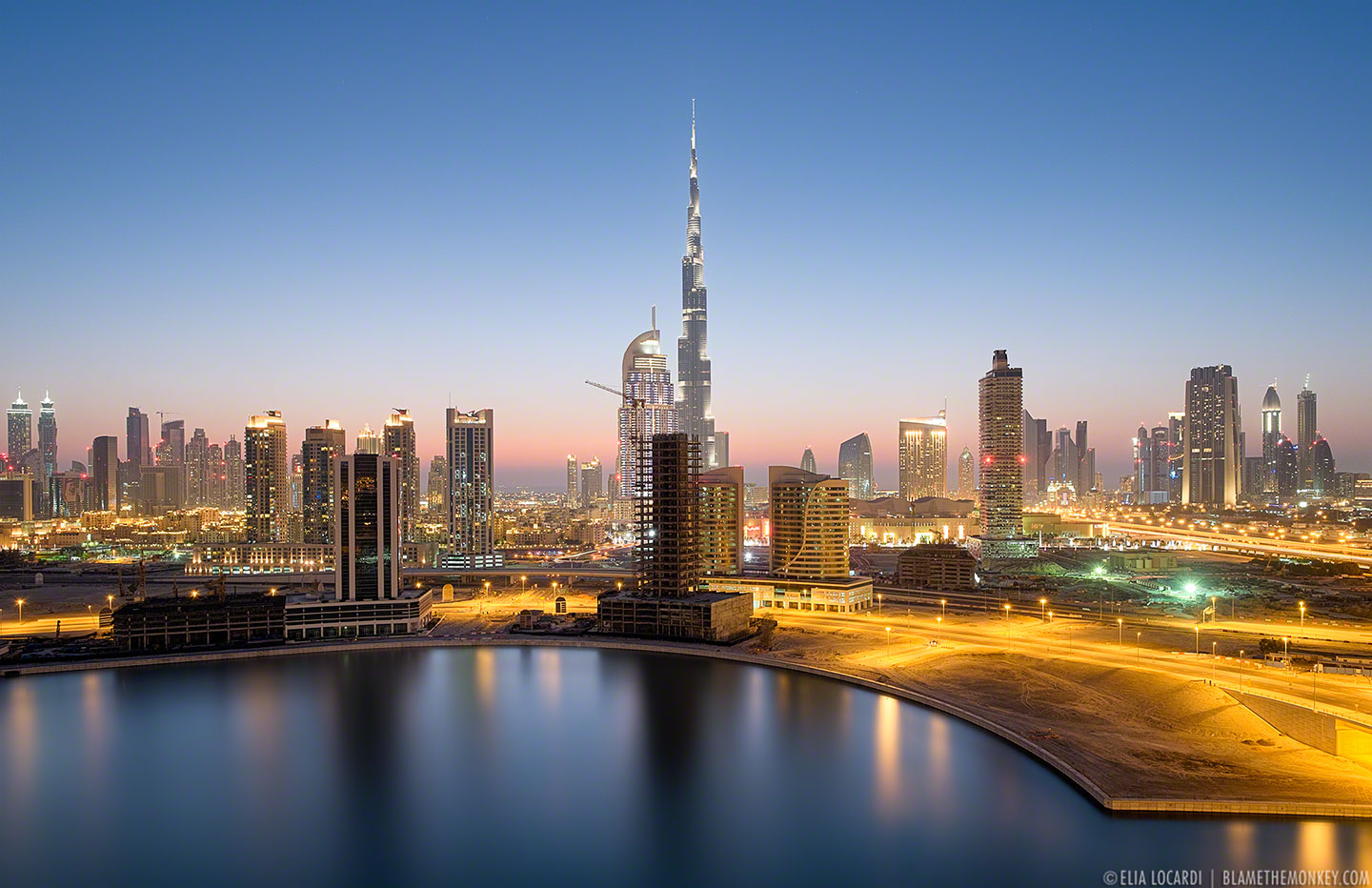Zimbabwe faces its worst economic crisis in a decade
AT HIS PENTECOSTAL church in Harare, Zimbabwe’s capital, Bishop Never Muparutsa sighs at the empty pews. In recent weeks, as the economy has deteriorated, his congregation has shrunk from 400 to 120. Mr Muparutsa sends Bible verses via WhatsApp to those too poor to travel. He tries to keep sermons upbeat. But he is worried about his formerly ebullient flock. “The joy I used to see is gone,” he says. “They might as well be Anglicans.”
Zimbabwe is facing its worst economic crisis in a decade. Electricity is available for just six hours a day. Clean tap water runs once a week. Petrol stations either have no fuel or long queues. About 7.5m people, roughly half the country, will struggle to eat one meal a day by early next year, says the World Food Programme, a UN agency. Annual inflation is running at about 500%, reckons Msasa Capital, a local advisory firm. “I can’t see the light at the end of the tunnel,” says one businessman. “Just the light from an incoming train.”
The government blames the weather. Cyclone Idai, which hit southern Africa in March, and a regional drought have contributed to a poor harvest. Scant rainfall has cut the supply of water to Lake Kariba, on the border of Zambia and Zimbabwe, and thus to an adjacent hydropower plant. Though the climate has been cruel to Zimbabwe, the mess is mostly man-made....























